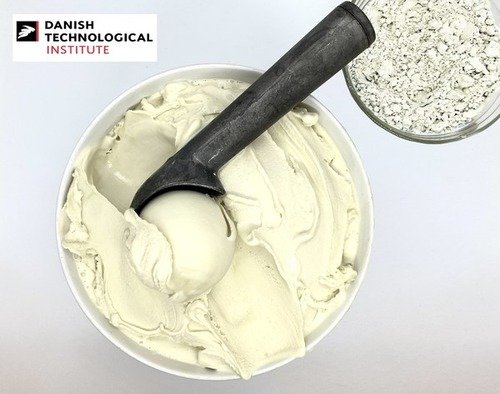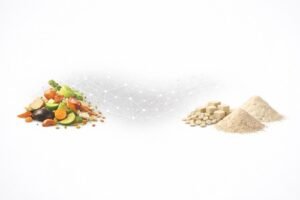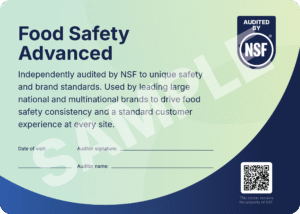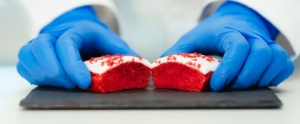Monday, 19 January 2026
Sophie’s BioNutrients Debuts Chlorella Ice Cream to Storm the Vegan Ice Cream Industry
Sophie’s BioNutrients introduces sustainable and nutritious ice cream with double the action for the sweet tooth. Sophie’s BioNutrients, a next-generation sustainable urban food production technology company, together with Danish Technological…

Sophie’s BioNutrients introduces sustainable and nutritious ice cream with double the action for the sweet tooth.
Sophie’s BioNutrients, a next-generation sustainable urban food production technology company, together with Danish Technological Institute (DTI), a green solutions facilitator in Denmark, collaborated to produce its first chlorella-based ice cream, made from Sophie’s BioNutrients dairy-free Chlorella Protein Concentrate. With vegan, dairy-free options for ice cream on the rise in response to growing consumer demands for plant-based alternatives, this 100% plant-based ice cream is a much-anticipated addition.
Unlike conventional plant-based ice cream, this ice cream innovation boasts a complete nutrition profile, and in combination with other functional ingredients mimics natural ice cream texture and can be easily made into several popular ice cream flavors with add-on toppings.
“Microalgae is one of the most nutrient-rich and versatile resources on the planet. Today we have shown another facet of the unlimited possibilities this superfood can offer – a dairy and lactose-free alternative to ice cream that, thanks to microalgae, offers a higher nutrition content than most available dairy-free alternatives. We are incredibly excited for this development in allergen-free foods and the prospect of more inclusive dining,” said Eugene Wang, Co-Founder and CEO of Sophie’s BioNutrients.
The team at Sophie’s BioNutrients collaborated with the team of technical experts at Danish Technological Institute (DTI) who performed an initial screening of the ingredients potential and following application test to create the vegan-friendly ice cream. A one ounce serving of chlorella ice cream has the potential to provide double the recommended daily intake of B12. Chlorella is also a good source of iron which is absent in cow milk. It is also sustainably harvested with no cows harmed during the process and a significantly lower carbon footprint.
Anne Louise Dannesboe Nielsen, Director of Food Technology at the Danish Technological Institute also shared, “Microalgae is definitely part of the future. It is a sustainable ingredient with a lot of potential in multiple food applications. At DTI, we are increasingly experiencing interest in microalgae and are eager to help grow, understand and explore it’s potential.
The microalgae strains (Chlorella vulgaris) used by Sophie’s BioNutrients are U.S. GRAS and European Food Safety Authority (EFSA) approved for use as food ingredients or supplements.
Technology
FAO sets out three-year emergency and early recovery plan for Ukraine’s agrifood sector
Jan 19, 2026 | Europe
CSIRO partners on global project to boost food security
Jan 19, 2026 | Australia
NSF launches retail food safety audit program in ASEAN and Australia
Jan 19, 2026 | Australia
Food Testing
NSF launches retail food safety audit program in ASEAN and Australia
Jan 19, 2026 | Australia
Bringing PFAS testing to the point of need
Jan 16, 2026 | Australia
IMCD opens a Food & Nutrition Laboratory in Cologne
Jan 08, 2026 | Company News
More Popular
ADM invests $26Mn to expand Erlanger flavours facility to support food reformulation demand
Jan 19, 2026 | Company News
Beyond Meat introduces Beyond Immerse plant protein drink
Jan 19, 2026 | Beverages
FAO sets out three-year emergency and early recovery plan for Ukraine’s agrifood sector
Jan 19, 2026 | Europe





